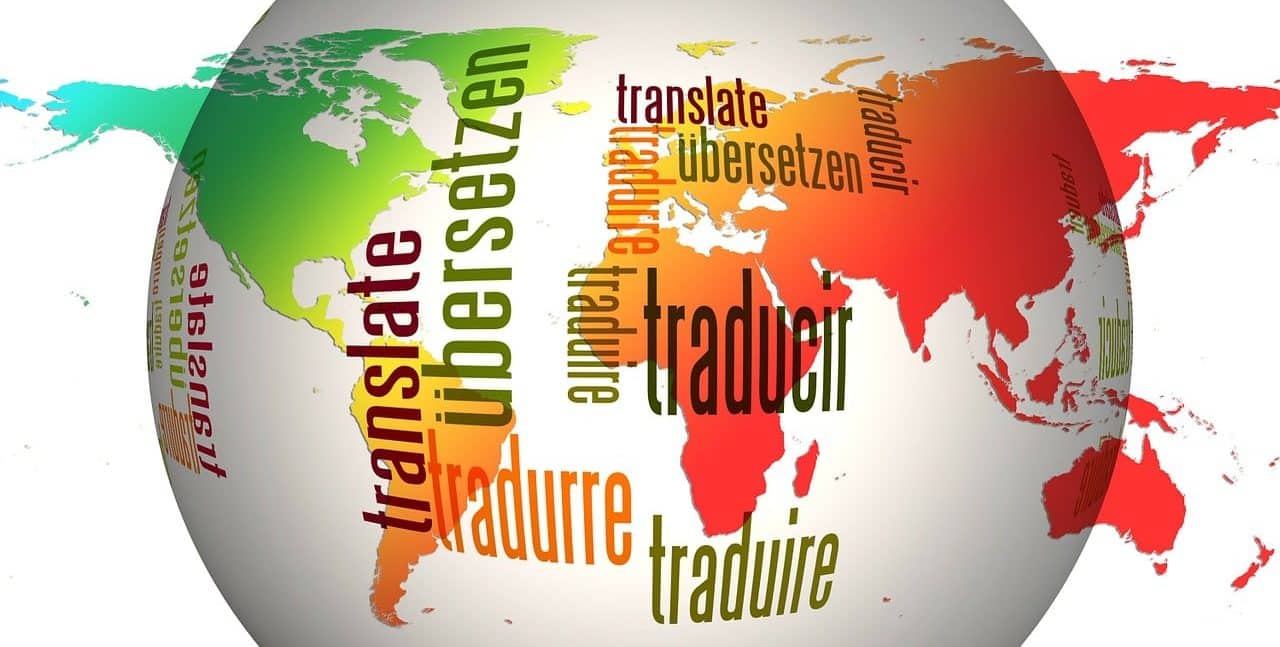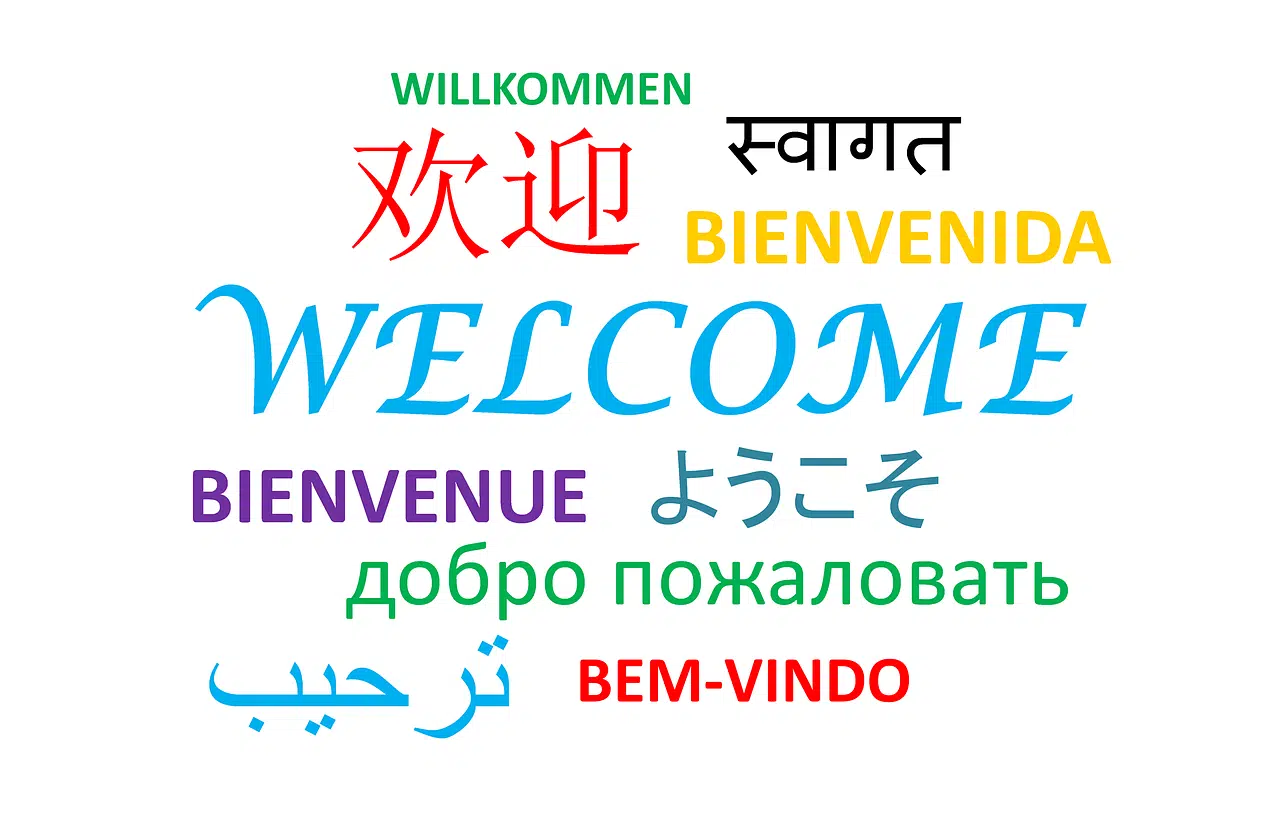
A polyglot individual is fluent in four or more languages.
Polyglot is an adjective that is used to describe the individual who speaks different languages or the text that is developed in numerous languages . The notion is used when the languages in question are more than three since, otherwise, the adjectives bilingual (related to two languages) or trilingual (three languages) are usually used.
For example: “Dr. Ramilloz is a polyglot who can converse without problems in German, Italian, Arabic, Chinese and Russian,” “Popes are usually polyglots to be able to bring the message of the Church to the whole world more easily.” ease” , “This historical treatise is a polyglot document with versions in Greek, Latin, Persian and Aramaic” .
Determining the etymological origin of the term leads us to go to Greek. And it is derived from the word polyglottos , which is made up of two clearly delimited parts: polys , which is synonymous with “many” ; and glotta , which can be translated as “tongue.”
The importance of being polyglot
Being a polyglot is usually highly appreciated at the workplace . The person who can communicate efficiently in many languages has great potential, since they are able to travel and contact people from other countries on their own, without having to rely on a translator.
Just as, until not many years ago, it used to be enough for an executive to be bilingual (speaking Spanish and English), today those who can also express themselves and understand languages such as Chinese, Portuguese or German are highly valued.

In many jobs, being polyglot is an advantage.
Some examples
There are many famous people who throughout history have been described as polyglots. However, among the best known are the following:
- John Milton (1608-1674). This British writer and essayist, known especially for his work “Paradise Lost” , stood out both in the field of literature and in politics. And in both cases his command of numerous languages was very useful. Specifically, it has been revealed that, in addition to his native language, he was fluent in Spanish, Italian, French, Greek, Aramaic, Latin, Syriac, Hebrew and German.
- John Mowring (1792-1872). He was an English politician and translator who has gone down in history, among other things, for speaking about a hundred different languages.
- Heinrich Schliemann (1822-1890). Important German archaeologist to whom we owe the discovery of the ruins of Troy . It is considered that he could perfectly speak thirteen different languages, in addition to his native one. Specifically, it was handled without difficulty in Dutch, English, Portuguese, Polish, Greek, Russian, Turkish, French, Italian, Spanish, Swedish, Latin and Arabic.
- Another of the most famous polyglots was Karol Wojtyla , known as John Paul II since he began his papacy in 1978 and until his death. This religious man was fluent in more than a dozen languages, including Spanish, English, Portuguese, Russian, French and Latin, in addition to his native language (Polish).
